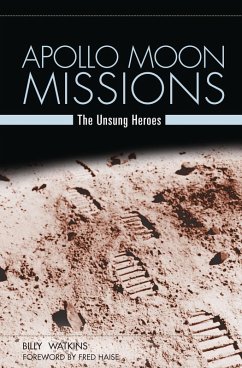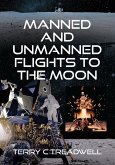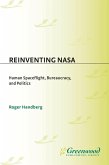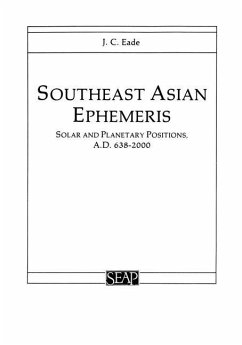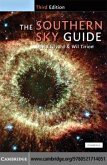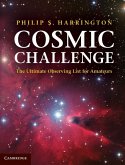In 1961, President John F. Kennedy issued a challenge: the United States would land a man on the moon and return him safely to Earth before the end of the decade. It seemed like an impossible task and one that the Russians-who had launched the first satellite and put the first man into Earth orbit-would surely perform before us. The ingenuity, passion, and sacrifice of thousands of ordinary men and women, from all walks of life, enabled the space program to meet this extraordinary goal. In all, six crews would land on the moon before Congress withdrew financial backing for the program. This is the story of the men and women who worked behind the scenes, without fanfare or recognition, to make these missions a success. Thirty years later, they still speak of Apollo with pride, sometimes even awe.
After Apollo moonwalker John Young told journalist Billy Watkins in a 1999 interview that nobody knows anything about the people who helped make those flights so successful, Watkins made it his mission to identify the unsung heroes and learn their stories.
His subjects include: Julian Scheer (NASA publicist); Sonny Morea, lead designer of the Lunar Rover; Hugh Brown, one of the few African Americans who worked on the Apollo program; JoAnn Morgan, one of the few women involved in the space program; Joan Roosa, widow of Apollo 14 astronaut Stuart Roosa; Joe Schmitt, veteran suit technician was responsible for making sure the suits were leak-proof and hooked up correctly; Joseph Laitin, who came up with the idea for the Apollo 8 astronauts to read the first ten verses of Genesis during their Christmas Eve television broadcast from the moon; and Clancy Hatelberg, the Navy diver, who plucked the first humans to walk on the moon from the Pacific Ocean after the Apollo 11 landing.
After Apollo moonwalker John Young told journalist Billy Watkins in a 1999 interview that nobody knows anything about the people who helped make those flights so successful, Watkins made it his mission to identify the unsung heroes and learn their stories.
His subjects include: Julian Scheer (NASA publicist); Sonny Morea, lead designer of the Lunar Rover; Hugh Brown, one of the few African Americans who worked on the Apollo program; JoAnn Morgan, one of the few women involved in the space program; Joan Roosa, widow of Apollo 14 astronaut Stuart Roosa; Joe Schmitt, veteran suit technician was responsible for making sure the suits were leak-proof and hooked up correctly; Joseph Laitin, who came up with the idea for the Apollo 8 astronauts to read the first ten verses of Genesis during their Christmas Eve television broadcast from the moon; and Clancy Hatelberg, the Navy diver, who plucked the first humans to walk on the moon from the Pacific Ocean after the Apollo 11 landing.

